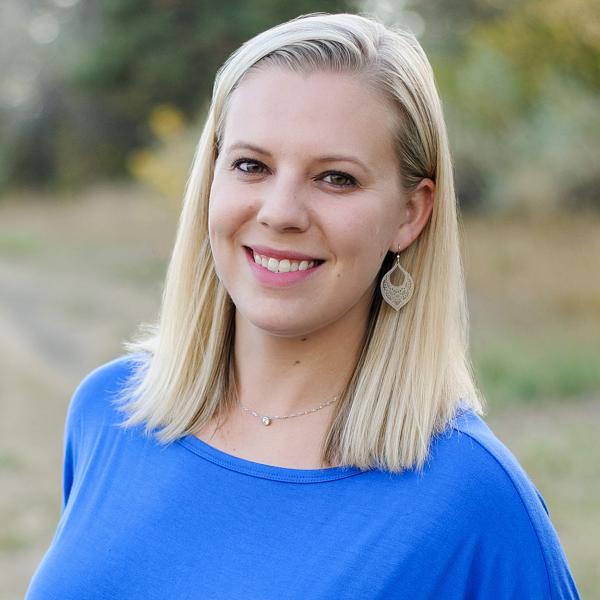Aid in Dying Movement Wins Early Legislative Victory
It began with a letter.
Nearly two years after an open letter by Charles Selsberg to The Denver Post implored policymakers to address aid in dying in Colorado, the movement saw its first legislative victory (very) late Thursday night.
The House Judiciary Committee heard House Bill 1054 on January 4. After hours of impassioned testimony on both sides, the proposed legislation passed the committee by a 6-5 margin just before midnight. It was a party line vote, with all six Democrats in favor and all five Republicans opposed.
One day earlier, the Senate State, Veterans and Military Affairs Committee spent four hours considering the identical Senate Bill 25 before voting against it. Sen. Michael Merrifield (D), the bill’s Senate sponsor, choked up as he shared the story of his father’s difficult and painful death from cancer, saying it was his motivation to carry the legislation.
(For a comprehensive look at the issues on both sides of this debate, see CHI’s recent brief on the topic.)
The Senate hearing was well attended, but even more people showed up the following day to testify or watch the hearing for HB 1054, which most believed stood a better chance of passing the Democrat-controlled committee. The chair, Rep. Daniel Kagan (D), was prepared for a long day of emotional speeches. He told the overflow crowd – too large for the Capitol’s biggest committee room – that each side would have four hours total for testimony, and asked his fellow committee members to withhold expressing their opinions until the end.
HB 1054’s House sponsors, Rep. Lois Court (D) and Rep. Joann Ginal (D), shared their motivations for carrying the bill and previewed an extensive list of amendments from legislators and outside organizations, which they said they generally supported.
The first witness, an advocate for aid-in-dying legislation, cautioned committee members that while they would hear many impassioned people speak, “Passion is not necessarily the same as evidence.” The second witness, a probate attorney opposed to the legislation, argued that the safeguards against coercion in the bill were “as a practical and legal manner, unknowable, unworkable, and unenforceable,” and left far too many opportunities for coercion or undue influence on patients at the end of life.
Throughout the hours of testimony, topics ranged from potential complications from having an "interested" person (e.g., an heir) serve as a witness for a terminally ill person’s request for medication to the “slippery slope” that the law could create – a system, according to one disability advocate, in which the least expensive (and therefore most attractive) option for many frail or disabled patients would be "to put them to death."
One witness questioned whether a terminal diagnosis depends on a patient’s inevitable death, or if it can also apply to chronic conditions that would be fatal if not managed – such as diabetes.
Many witnesses speaking in support of the bill talked about a desire to further a cause bigger than themselves and focused on the issue of personal choice. They stressed the lack of proven cases of abuse, the fact that the law would apply to very few people, and the feelings of peace and control afforded to the terminally ill from having life-ending medication available – even if they choose never to use it.
Joellyn Duesberry pressed legislators to advance the bill. She told them that her time is limited and that she is "on a one-way trip with cancer." Doctors and people who had lost loved ones to painful deaths were also there to lend support.
Carrie Ann Lucas of Not Dead Yet took the stand to represent the opposing side. She said that the bill had the potential to negatively affect her, her family and members of the disabled community. Contrary to the opinions of the bill’s sponsors, she said that the new bill’s “good faith immunity” clause for physicians rendered any safeguards void and warned that “there will be mistakes that cannot be undone, because death is final."
Much of the opposition testimony also cited concern over the bill’s stipulation that death certificates of patients using this option would list the underlying illness as the cause of death, calling this “false recordkeeping.” A general apprehension that aid-in-dying data are unreliable was cited by many opponents.
After more than 10 hours, the time came for a decision. Although some legislators have asserted that aid in dying is not a partisan issue, the vote in the House committee – as in the Senate the day before – said otherwise. After this week’s hearings, a Republican has yet to vote for it and a Democrat has yet to vote against.
HB 1054 now heads to the House floor, and a vote there will show whether the bill can gain any bipartisan support, or even enough votes from Democrats to advance out of the chamber. It’s not clear yet how many of the legislators will support it.
If it does clear the House, the bill faces a near-certain demise: It would most likely be sent to Senate State, Veterans and Military Affairs, the same committee that killed SB 25 on Wednesday. Supporters, however, are savoring the bill’s forward progress as a step toward increasing public awareness of a topic that many people would rather not talk about.
Policy Analyst Emily Johnson is co-author of this blog.

